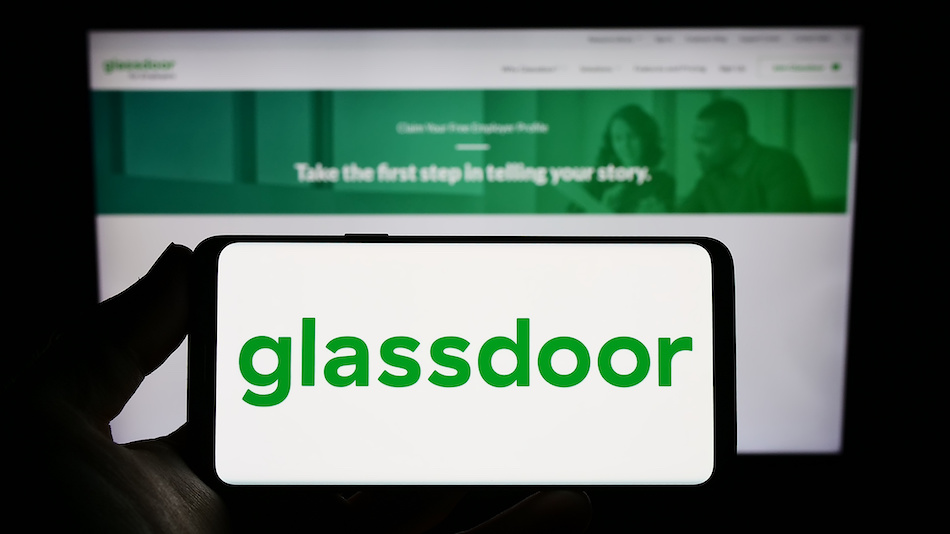
Glassdoor users have been reporting lately that the platform has introduced changes in its privacy policy, which include publishing people’s real names and locations on their profiles without securing consent.
Glassdoor is a website where current and former employees can anonymously submit reviews about their experiences working for a company, including details such as their employer’s culture, management practices, salaries, work-life balance, and more. Job seekers can read those reviews to help them make job-related decisions, and employees can use anonymous feedback to improve on key areas.
While Glassdoor is built on the principle of transparency, it wouldn’t work without securing anonymity for reviewers, as exposing internal practices could put reviewers in legal trouble, blacklisting, firing, and other forms of retaliation. Yet, this is precisely what is happening to the platform right now, according to some user reports.
A Glassdoor account holder named ‘Monica’ posted about her recent experience explaining that she created an account about ten years ago when the platform only required an email address. She specifically chose not to link her Glassdoor account with Facebook or Google.
After responding to a support email from Glassdoor, Monica noticed that her profile had been updated to include her real name and location without the platform asking for her consent.
This discovery led to a series of email exchanges with Glassdoor’s support team, during which the author was informed of a new policy requiring all users to verify their identity for full platform access. The support agents explain that this was happening in the context of a transition to a “verified network,” including the introduction of ‘Fishbowl’ accounts linked to Glassdoor profiles.
Fishbowl is a semi-anonymous social networking platform designed for professionals to connect, share insights, and engage in discussions. The platform was bought by Glassdoor in 2021, and its engineers are working on introducing some level of integration that would offer users a combination of Glassdoor’s insights and Fishbowl’s networking opportunities.
Monica strongly objected to the whole idea, citing privacy concerns and the potential risks of such information being exposed, especially in relation to their employment and the security of their data online. Glassdoor’s support agents didn’t yield and insisted that real names cannot be removed, so the only option for Monica would be to delete the account entirely.
Monica concludes by advising all Glassdoor users to delete their accounts. According to the platform’s privacy policy, deletion merely deactivates the account, and to completely erase personal data, one must specifically request the deletion of their personal data through a form provided at the bottom of Glassdoor’s data policy page.
A report that appeared in TechCrunch yesterday attempts to fill in some of the gaps left in Monica’s blog post, such as how exactly Glassdoor got to know the user’s name without them giving it. Another Glassdoor user, Josh Simmons, who also got his name exposed on his public profile without previously sharing it with the platform, speculates that the info was either scraped or acquired from a data broker, both very shady scenarios.
To delete your digital footprint and remove your info from data broker websites, you can use a data removal service, such as Incogni.
Aaron Mackey from the Electronic Frontier Foundation highlighted Glassdoor’s previous unwavering stance in protecting its users’ anonymity in courts and called the recent developments highly concerning.
RestorePrivacy has contacted Glassdoor for a comment on the allegations and clarifications on its policies on user anonymity, and we will update this post as soon as we hear back.
In the meantime, if you have a Glassdoor account and have posted anything in the past, make sure to log in and check the information included on your public profile to avoid damaging exposure.







I use masked email for almost everything, a different email address for nearly every occasion, and except where absolutely necessary I try to never use my real name.
It’s amazing how some websites you deal with will fill your inbox with spam of every type. Using different email accounts for websites lets you know who is selling your info. I just turn off forwarding or delete the email address and poof, no more spam.
I misread, I thought the caption read “Employer Review Site Glassdoor Sodomized Users Without Consent”. My bad.